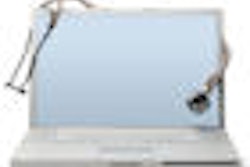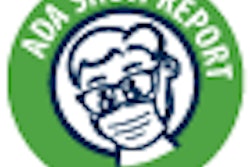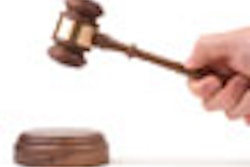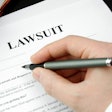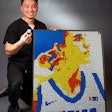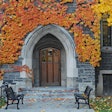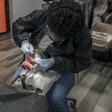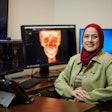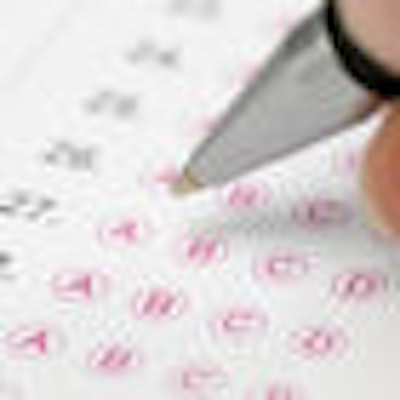
The University of Nebraska dental school will no longer allow students to sell study guides, following concerns about breach of intellectual property rights and use of unreleased faculty materials.
The guide is a 1,200-page document containing class lectures, notes, power point presentations, charts, drawings, tables, and exams and quizzes dating back to the early 1990s. It was sold to first-year students for $150. A similar guide also existed for second-year students in the form of a CD but was free of charge.
The proceeds from the sales went into class funds that students used for school events, such as an annual picnic, said John Reinhardt, D.D.S., dean of the dental college. The money was also used for purposes such as contributing to a scholarship fund.
The issue was brought to Dr. Reinhardt's attention when a first-year student sent him an anonymous e-mail. The student was having a moral dilemma since first-year students were told that they should buy the guide but keep the whole thing quiet, the dean said.
The study guides have been around for years, according to Dr. Reinhardt; the tradition can be traced back to the '70s and '80s, and the guide in question has material dating back to 1993. Some of that material is not relevant or accurate anymore, he said. However, the primary concern is that the study guide contains old exam material that had not been released to the students by faculty members.
Now the state is getting involved.
"The issue is the possible sale of university intellectual property," said state auditor Mike Foley, who began investigating the case a few days ago. "My focus is on the dollars."
He adds that the ethical question of cheating is relevant but should be answered by the university.
The school has now made the study guides public so everyone can have access to it. They are available on online resources such as the Blackboard system, and students have free access to them.
This is not the first time there have been concerns about cheating and ethical breaches in a dental school. In the past two years, scandals at dental schools in New Jersey, Nevada, Indiana, and California have involved similar circumstances. In the California case, for example, the ADA charged students at the University of California, Los Angeles with putting questions from the National Board Dental Examination onto a CD that was given to other candidates preparing for the exam.
Dr. Reinhardt insists that these guides could only have been of minimal help to the students.
"Our students are extremely strong, and the quality of their knowledge is solid," Dr. Reinhardt said. "These guides are not magic."
He admits, however, that the students should have told the faculty about the practice.
"This is a case of bad judgment by them," he said.
The school is now looking to implement a policy similar to that of the medical school, in which students have access to past exams in a controlled setting without any means of copying the material.




